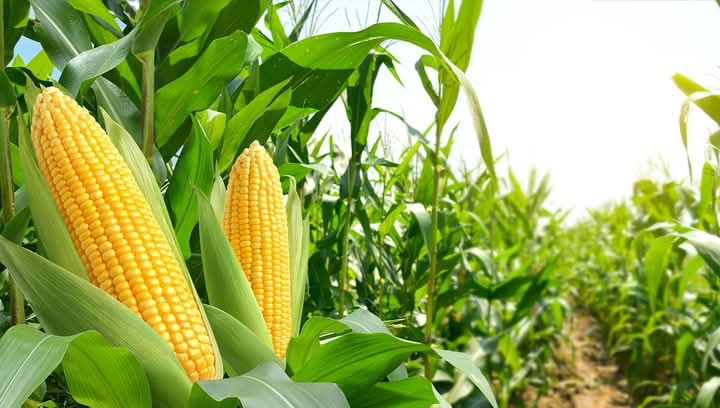By Adeyemi Adekunle
Abuja, Nigeria – To combat food insecurity, Nigeria’s Senate has passed a bill seeking to criminalize the export of unprocessed corn in large quantities. The legislation, which aims to address the growing hunger crisis in the West African nation, awaits President Bola Tinubu’s assent to become law.
The bill, seen as a critical step in preserving domestic food supplies, stipulates that exporting unprocessed corn in quantities of one metric ton or more will be illegal. Offenders could face steep penalties, including fines equivalent to the corn’s value or a one-year prison sentence.
This legislative push comes as Nigeria faces its worst cost-of-living crisis in decades. Soaring inflation, driven by austerity measures such as the removal of a petrol subsidy and the devaluation of the naira currency, has exacerbated economic hardship across the country. The weak naira has also incentivized the informal export of key staples like corn, rice, and sorghum to neighboring nations, where the West African CFA franc offers a more favorable exchange rate.
Corn, a staple food in Nigeria, plays a vital role in the nation’s food security. It is widely consumed and used in producing animal feed, drinks, and processed flour. However, rising demand and informal exports have strained domestic supply, further driving up prices.
According to the United States Department of Agriculture (USDA), Nigeria’s corn exports are forecast to rise from 50,000 metric tons in the 2023/24 season to 75,000 metric tons in 2024/25. While this represents an opportunity for foreign exchange earnings, the Senate views unchecked exports as a threat to the nation’s food availability.
Experts have hailed the bill as a necessary intervention to protect the local food supply. However, its implementation will be critical to ensuring it effectively curbs informal exports while supporting farmers and local industries.
As the bill heads to President Tinubu’s desk, Nigerians await its potential enactment, hoping it will strike a balance between safeguarding food security and fostering sustainable agricultural practices in the face of economic challenges.




